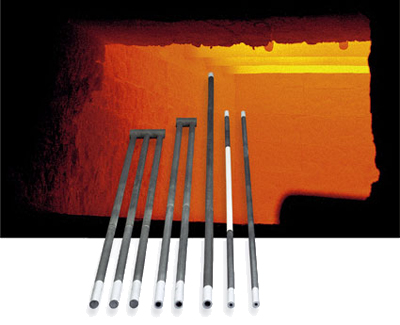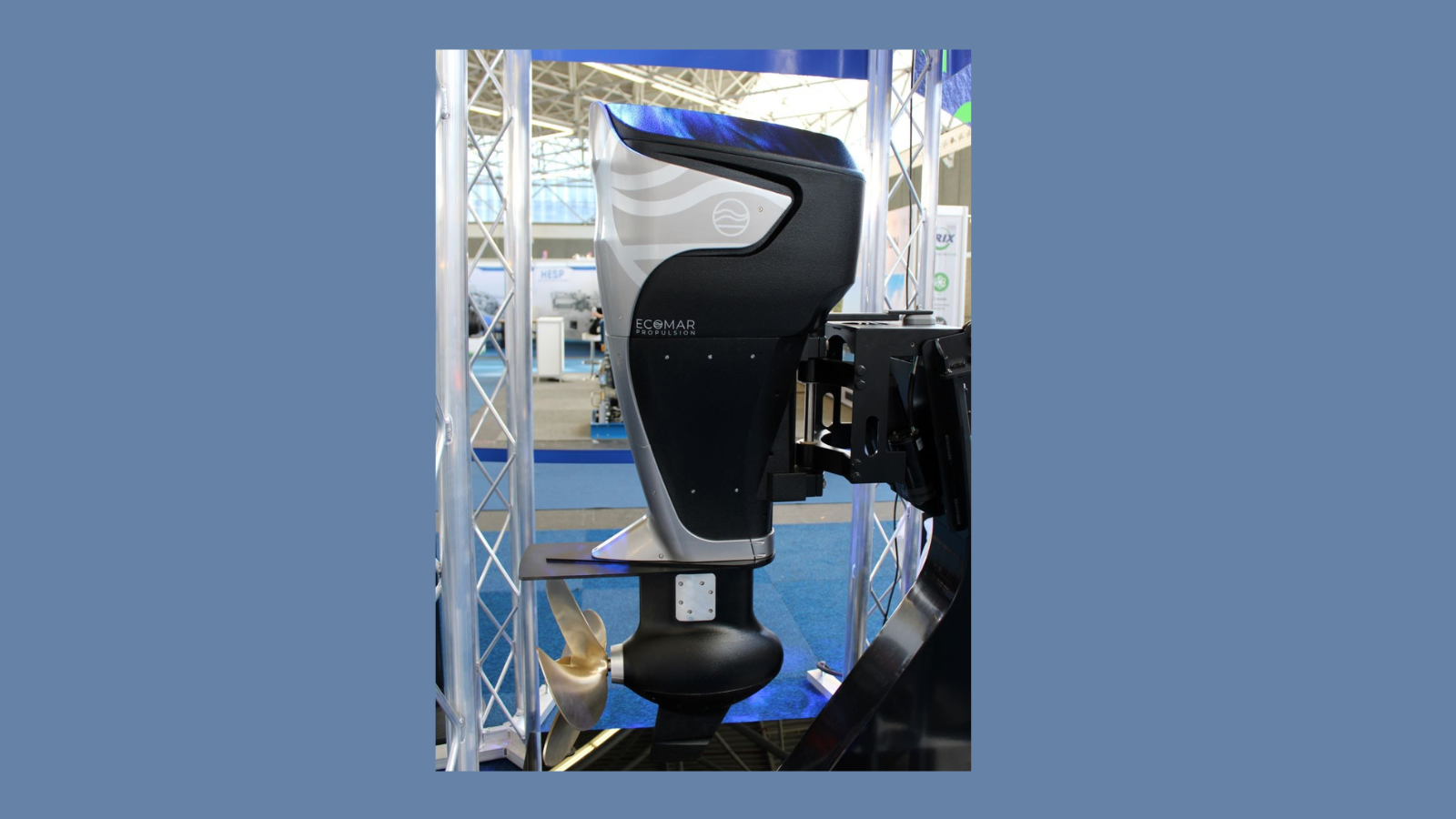Case Study
Kanthal

Partners
Edinburgh Napier University
Sectors
Energy
Engineering and Technology
Regions
Tayside
Kanthal is the world’s leading manufacturer of resistance heating elements offering a broad spectrum of products for use in domestic home appliances to large high temperature furnaces. The company has a production unit in Perth and forms part of the multi-national Sandvik Group, a high-technology engineering group and one of the world’s largest manufacturers of resistance and electrical heating element materials.
Kanthal has manufactured silicon carbide heating elements for many years with two types – recrystallised silicon carbide and reaction bonded silicon carbide – dominating its product range.
The Business Challenge
Industrial users of silicon carbide heating elements place a great emphasis on the strength, and in particular, the bending strength of silicon carbide heating elements to offer greater robustness and versatility within the manufacturing process.
Stan Moug, Product Development Manager, Kanthal explains, “bending strength plays a key selling point for the company, particularly when vying for international business against strong competition in the USA and Japan.”
Strength of product is not just a requirement in the manufacturing process, but also in the global transportation and shipping of the product. For example, increasing demand for display glass used for applications such as plasma display panels, require longer and larger element lengths – anything from 2.5 to 3 metres are the norm, but longer rods, up to six metres in length are being demanded as the size of the panels used increases. Therefore, we have to be in a position to offer products that withstand the rigours of transportation and reach the manufacturer or specifier in one piece.”
Whilst Kanthal was able to carry out some areas of testing capability in-house, the company needed to conduct specific bending trials which measured the accuracy in three and four point bending strength of silicon carbide rods with diameters ranging between 20mm and 55 mm. This required fully calibrated materials testing equipment which gave accurate results. The fact that the measurements could be seen as impartial and independent was also seen as an advantage.
Kanthal initially contacted Scottish Enterprise Tayside, who referred the enquiry to Interface – The knowledge connection for business.
The Solution
Interface sourced assistance from across the Scottish academic community and made recommendations to Kanthal. The company opted to work with the School of the Built Environment at Napier University.
The academic, Alan Davidson, Lecturer in Materials Engineering, worked with Stan at Kanthal to evaluate the bending strength of the silicon carbide rods. A number of tests on over 300 rod samples were carried out and both Alan and Stan believed the results gave Kanthal encouragement to conduct further research into the manufacturing process of future silicon carbide rods.
Stan concluded, “Our industry is continually evolving and we need to look at ways of keeping ahead of our competition. Working with Napier University, with the help of Interface, has been a very worthwhile exercise and the working partnership we now have with Alan Davidson is proving very successful.”
“Personally, I found Interface very helpful. They asked the right questions and made sure they captured our specific requirements. Our search criteria can be very specialised and Interface managed to identify the best solution, on our behalf, before we commenced our partnership with Alan Davidson at Napier. This saved us a lot of time”.


